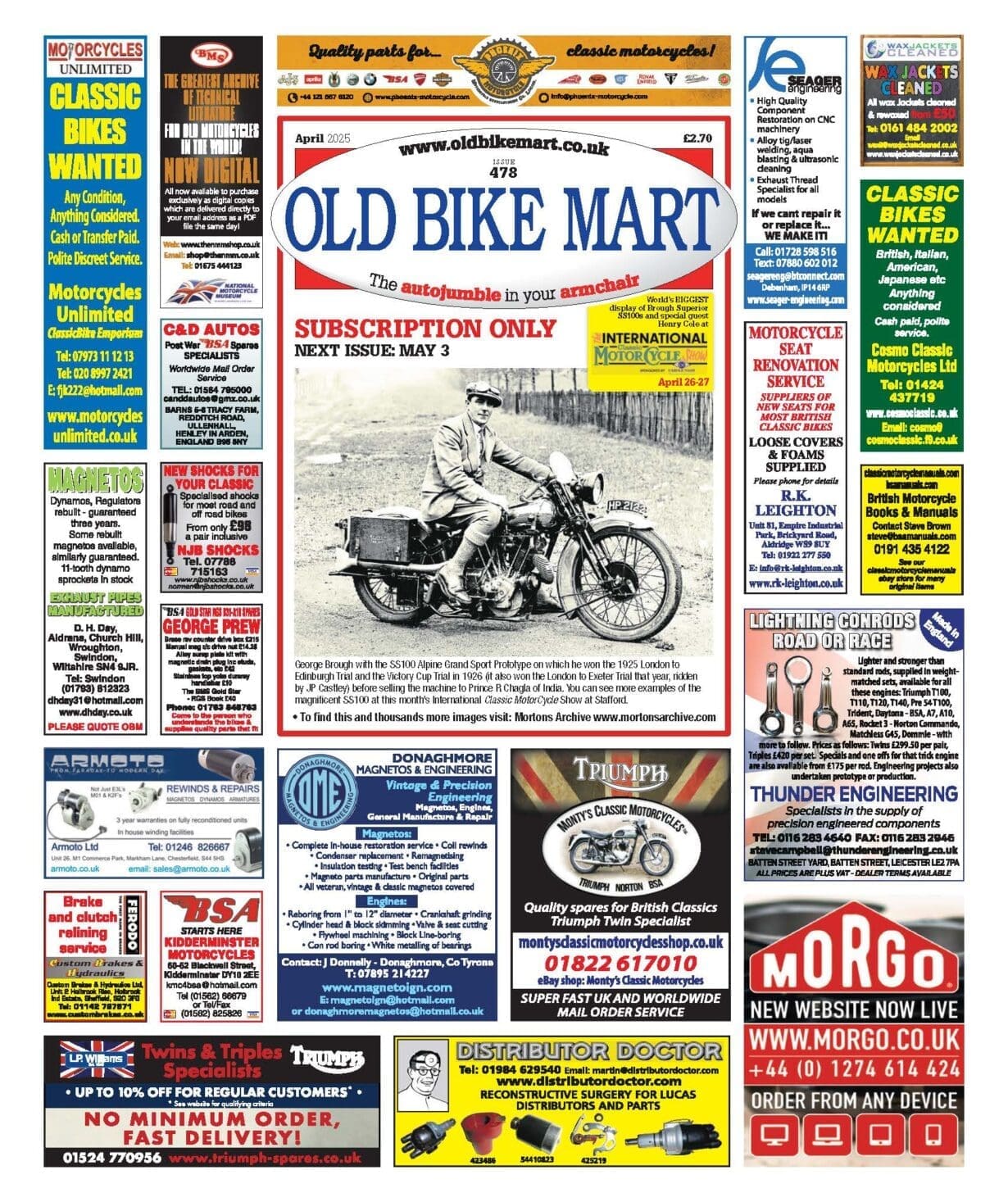The Federation of British Historic Vehicle Clubs (FBHVC) has argued that changes to requirements for MOT testing of historic vehicles can leave drivers “at risk from ill-briefed policeman.”
The FBHVC has argued that the DVLA process for enabling declaration of a vehicle as not being significantly changed at the time of re-licensing only, was one which could put drivers at risk of bureaucratic misunderstanding.
“We all became aware that a real example that had arisen and that the driver of a historic vehicle had received a Notice of Prosecution.
“The Federation urgently sought clarification of the position from the Department of Transport. We are glad to confirm that they responded promptly and positively and have provided us with the statement we copy here, which we think sets out the position clearly and succinctly and will be of real use to our members.”
The statement from the Department of Transport reads:
“Back in May 2018, the Motor Vehicle (Tests) (Amendment) Regulations 2017 came into force. Regulation 7 sets out that any car or motorcycle which is being used on a public road is to be considered a vehicle of historic interest and therefore no longer required to hold a valid MOT certificate if it:
- was manufactured or registered for the first time at least 40 years previously
- is of a type no longer in production, and
- has been historically preserved or maintained in its original state and has not undergone substantial changes in the technical characteristic of its main components.
“This amended the previous exemption from MOT testing for cars, light vans or motorcycles manufactured in 1960 or before. The arrangements for the testing of old larger vehicles are different.”
The statement added: “There is no requirement, either intended or implied, that at the point a vehicle becomes 40 years old and providing the vehicle has not been substantially changed, for the owner to make a declaration to any statutory body, declaring that the vehicle is a vehicle of historic interest and is therefore no longer required to have a valid MOT certificate.”
“The Department and DVLA have set up an administrative process (via DVLA form V112 and the equivalent process on-line) which requires at the time of the annual re-licensing of vehicles a declaration that the vehicle is a vehicle of historic interest – in that it has not been substantial modified.”
“This process is in place to help owners of old vehicles that have been substantially modified do not by mistake run them without a valid MOT. The Department has published information about what constitutes a substantial modification in this context and encourages owners who do not know to seek advice.”
But the FBHVC are unhappy with some of the workings of displaying accurate MOT status’ online.
“We are still unhappy that the Vehicle Enquiry Service cannot show an accurate MOT status even after the registered keeper has filled in a Form V112 or checked the declaration page during online licensing. Currently it simply says, if the vehicle does not have an MOT, that no MOT information is available,” the Federation said.
The group added: “It may be that members who have concerns about this will wish to carry a copy of the DfT Statement in the vehicle.”
The Federation of British Historic Vehicle Clubs exists to maintain the freedom of its members to use historic vehicles on the UK’s roads, hence its campaign message: ‘Yesterday’s Vehicles on Tomorrow’s Roads’. The FBHVC has over 550 member clubs representing over 251,000 individual owners.





